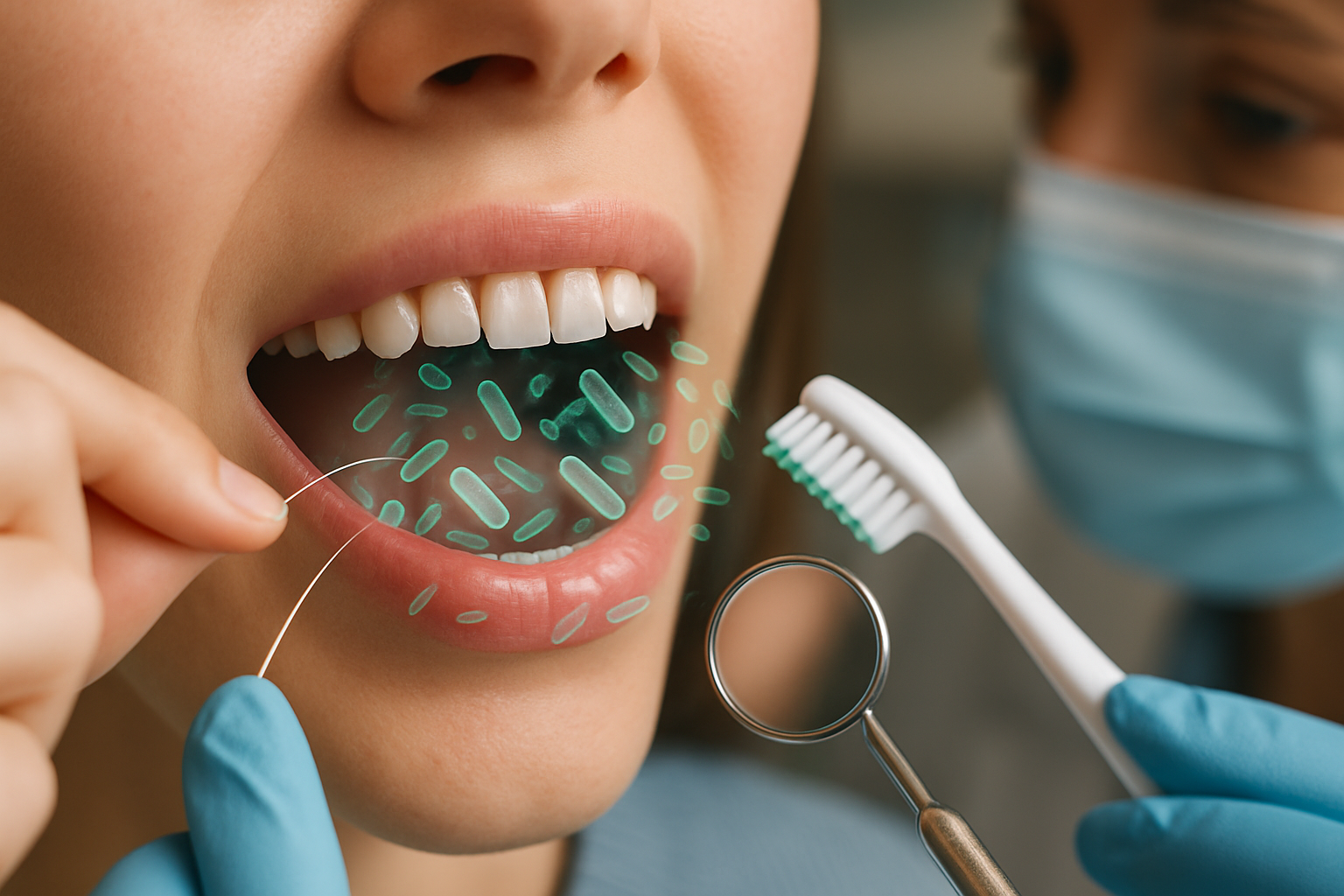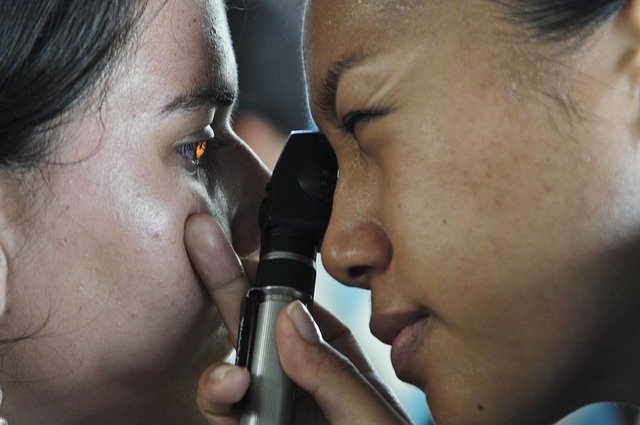The Vital Role of Dentists in Maintaining Oral Health
Dentists play an important role in supporting oral health by checking teeth, gums, and overall mouth care. Regular visits can help identify potential issues early, provide guidance on hygiene practices, and contribute to maintaining a healthy and confident smile over time.

Understanding the Vital Role of Dentists
Dentists are highly trained healthcare professionals who complete extensive education, typically including four years of dental school following undergraduate studies, resulting in either a Doctor of Dental Surgery (DDS) or Doctor of Dental Medicine (DMD) degree. Their expertise encompasses far more than just filling cavities. Dentists are skilled diagnosticians who can identify potential health issues that manifest in the oral cavity, including signs of diabetes, vitamin deficiencies, acid reflux, and even certain cancers. They perform crucial preventive care through professional cleanings, apply protective treatments like sealants and fluoride, and restore damaged teeth through fillings, crowns, and other procedures. Additionally, dentists address cosmetic concerns, manage pain conditions affecting the jaw and face, and provide patient education about proper oral hygiene techniques.
Importance of Regular Dentist Checkups
Regular dental checkups, typically recommended every six months, form the foundation of preventive dental care. During these appointments, dentists perform thorough examinations to detect early signs of tooth decay, gum disease, oral cancer, and other potential problems before they progress to more serious conditions. Professional cleanings remove plaque and tartar buildup that regular brushing and flossing cannot eliminate, helping prevent cavities and periodontal disease. X-rays taken during these visits allow dentists to identify issues not visible to the naked eye, such as impacted teeth, bone loss, cysts, or tumors. For children, regular dental visits are particularly important as they monitor dental development, guide proper oral hygiene habits, and ensure healthy growth of adult teeth. Studies have consistently shown that patients who maintain regular checkups experience fewer dental emergencies and require less extensive—and expensive—treatments over time.
Role of Dentists in Maintaining Healthy Teeth
Dentists employ a comprehensive approach to maintaining healthy teeth that combines preventive, restorative, and educational strategies. Through preventive treatments like professional cleanings, fluoride applications, and dental sealants, they help strengthen teeth and protect against decay. When problems do arise, dentists provide restorative care through procedures ranging from fillings and crowns to root canals and implants, preserving natural teeth whenever possible and restoring proper function when necessary. Modern dentistry emphasizes minimally invasive techniques that conserve healthy tooth structure while effectively addressing disease or damage. Perhaps most importantly, dentists serve as educators, teaching patients proper brushing and flossing techniques, offering nutritional guidance to support oral health, and explaining the connection between oral health and systemic conditions. This educational component empowers patients to take an active role in their oral care between professional visits.
Specialized Dental Care Services
Beyond general dentistry, the field encompasses numerous specialties that address specific oral health needs. Orthodontists focus on correcting misaligned teeth and jaws using braces, aligners, and other appliances. Periodontists specialize in treating gum disease and performing surgical procedures involving the supporting structures of teeth. Endodontists concentrate on diagnosing and treating issues related to the dental pulp and root canal therapy. Oral surgeons perform complex extractions, jaw surgeries, and facial reconstructions. Pediatric dentists specialize in children’s dental health, with training specifically focused on developmental issues and behavioral management techniques. These specialists work alongside general dentists to provide comprehensive care for patients with complex dental needs, ensuring that even the most challenging oral health issues can be effectively addressed through appropriate expertise.
Technology Advancements in Modern Dentistry
Technological innovation has dramatically transformed dental practice in recent decades, improving diagnosis, treatment outcomes, and patient comfort. Digital radiography has reduced radiation exposure while providing clearer images that can be enhanced and stored electronically. Intraoral cameras allow patients to see exactly what the dentist sees, improving communication and understanding of treatment recommendations. Computer-aided design and manufacturing (CAD/CAM) systems enable same-day creation of crowns, inlays, and other restorations, eliminating the need for temporary appliances and multiple appointments. Laser dentistry has made many procedures less invasive, often reducing the need for anesthesia and shortening healing times. Three-dimensional imaging and printing technologies have revolutionized treatment planning for implants, orthodontics, and complex reconstructive procedures. These technological advances continue to make dental care more precise, comfortable, and accessible for patients of all ages.
Dental Care Costs and Insurance Coverage
The cost of dental services varies widely based on geographic location, specific procedures, and provider expertise. While preventive care remains relatively affordable, more complex procedures can represent significant expenses for many patients.
| Service Type | Average Cost Range | Typical Insurance Coverage |
|---|---|---|
| Routine Checkup & Cleaning | $100-$200 | 80-100% covered with most dental plans |
| Dental X-rays (Full Set) | $60-$250 | 70-100% covered with most dental plans |
| Tooth Filling | $150-$450 per tooth | 50-80% covered after deductible |
| Root Canal | $500-$1,500 per tooth | 50-80% covered after deductible |
| Crown | $800-$3,000 per tooth | 50% covered after deductible |
| Extraction | $75-$650 per tooth | 50-80% covered after deductible |
| Dental Implant | $1,500-$6,000 per tooth | Often limited coverage (max $1,000-$1,500) |
Prices, rates, or cost estimates mentioned in this article are based on the latest available information but may change over time. Independent research is advised before making financial decisions.
Dental insurance typically follows a 100-80-50 coverage model: 100% coverage for preventive care, 80% for basic procedures, and 50% for major treatments, usually with an annual maximum benefit of $1,000-$2,000. Many practices now offer in-house membership plans or financing options to help patients manage costs, especially for those without traditional insurance coverage.
The Connection Between Oral Health and Overall Wellness
Research increasingly demonstrates the profound connection between oral health and systemic conditions. Poor oral health has been linked to cardiovascular disease, with bacteria from periodontal infections potentially entering the bloodstream and contributing to arterial inflammation. Diabetic patients often experience more severe gum disease, while conversely, gum infections can make blood sugar control more difficult. Pregnant women with periodontal disease face higher risks of premature birth and low birth weight babies. Respiratory conditions can be exacerbated when bacteria from the mouth are aspirated into the lungs. Even cognitive health appears connected, with some studies suggesting associations between poor oral health and increased risk of Alzheimer’s disease. These connections underscore why dental care should be viewed not as optional but as an essential component of comprehensive healthcare, worthy of the same attention and preventive focus as other medical specialties.
This article is for informational purposes only and should not be considered medical advice. Please consult a qualified healthcare professional for personalized guidance and treatment.




